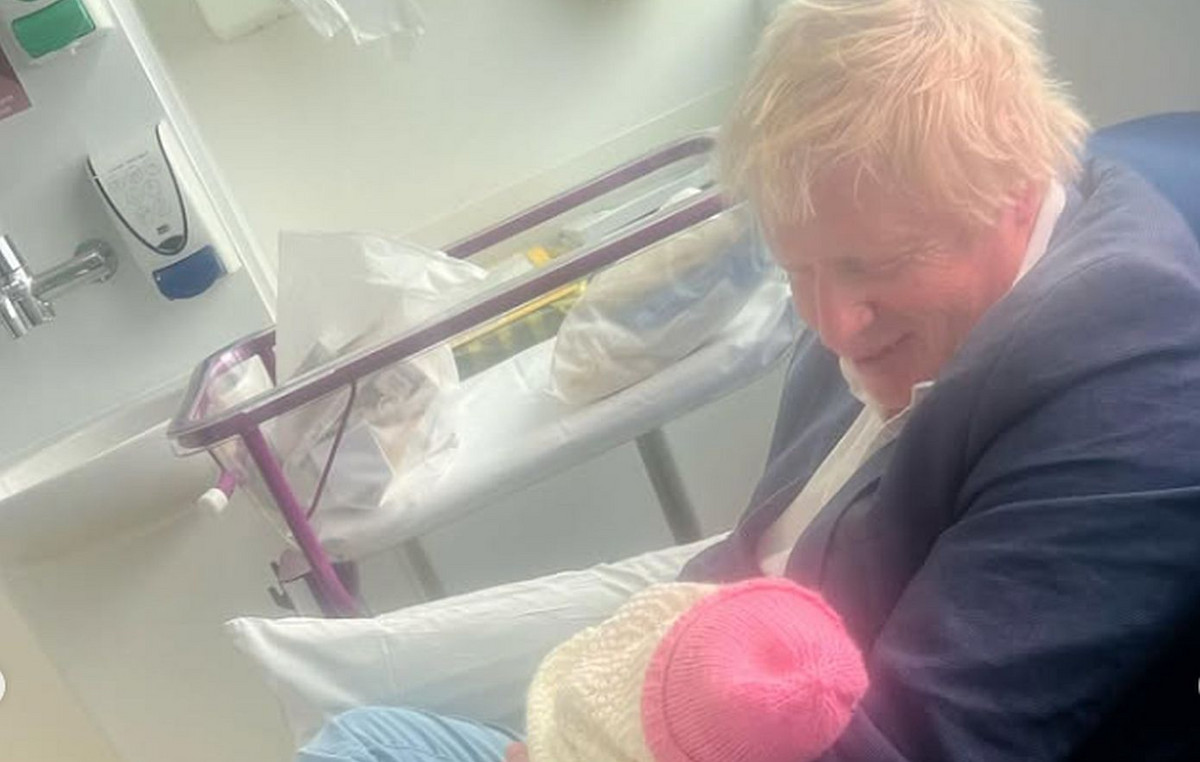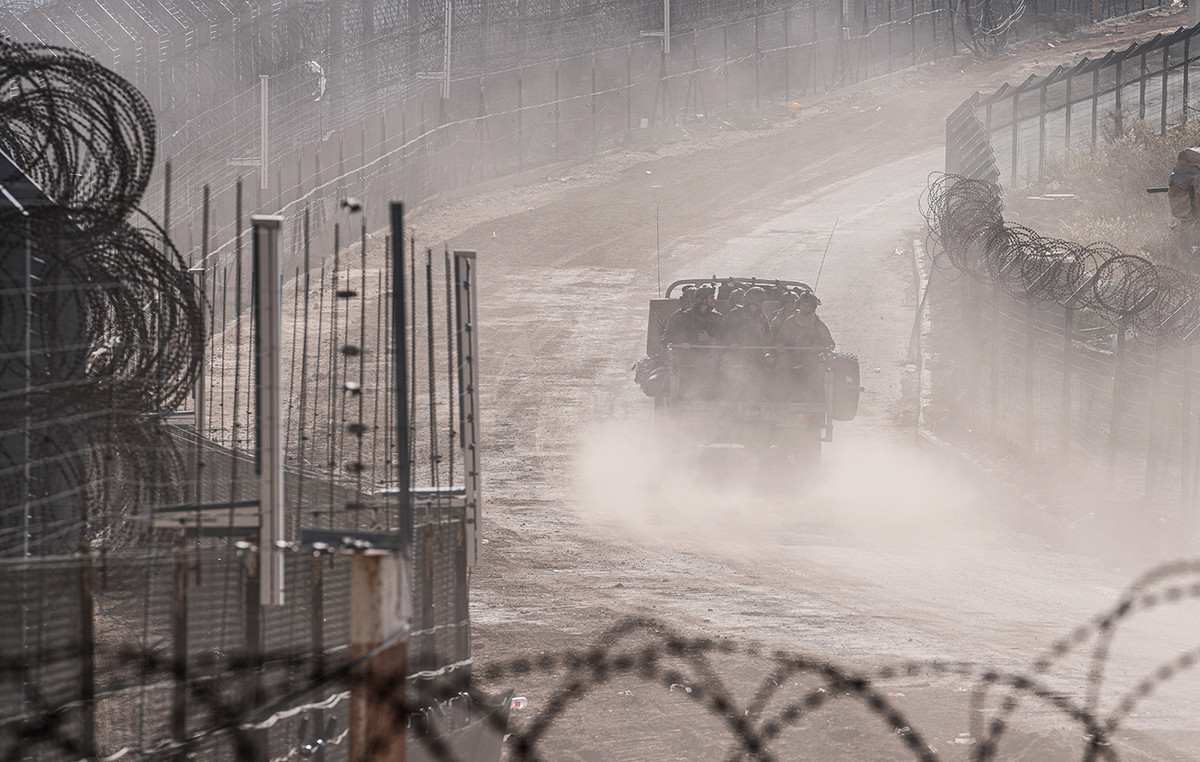The Public Ministry accuses Cristina Fernández de Kirchner, vice president of Argentina, of having headed an association to commit fraud against the state when she was president, between 2007 and 2015, by allegedly directing multi-million contracts for road works in the province of Santa Cruz.
Prosecutor Diego Luciani, who is in charge of this case known as “Roadway”, this week asked for 12 years in prison for Fernández and perpetual disqualification from holding public office.
The former president also guarantees that this accusation of corruption – the only one against the vice president – is unfounded and that it is a persecution against her and the political project she represents. In her words, he says that he is “not before a court of the Constitution, but before a media-judicial firing squad” and that the sentence against her has already been written.
What are the charges against Cristina Fernández de Kirchner?
Fernández is accused of having led an illicit association to defraud the public administration during a period spanning his two presidencies (2007-2011 and 2011-2015), extracting resources from the State for his personal benefit or that of third parties.
The Argentine Public Ministry claims that, together with several former government officials, it directed multi-million-dollar contracts for road works that, according to the complaint, were incomplete, overpriced and even unnecessary.
Fernández de Kirchner denies the accusations.
The complaint specifically refers to 51 contests in the province of Santa Cruz, where her late husband, former president Néstor Kirchner, was from, and where both developed a good part of their professional and political careers before jumping onto the national stage.
In this accusation there is another fundamental figure, that of Lázaro Báez, a former partner of the Kirchners and that prosecutors point out as the main beneficiary of this alleged fraud. That is, that he would have been favored with the direction of the works, and that, later, by different means, would have economically benefited his supposed partners.
Prosecutor Luciani — who marks the beginning of the alleged fraud in the government of Néstor Kirchner — states that, in order to divert resources, “overnight, Lázaro Báez became a civil construction entrepreneur, a friend of the then president of the nation and his partner. and his wife.”
Báez is already sentenced to 12 years in prison, issued in 2021, on money laundering charges between 2003 and 2015, he filed a defense appeal with the Chamber of Cassation. Regarding this sentence, his lawyer stated that it is the product of an alleged “political and media persecution”.
THE CNN is seeking a reaction from Báez’s defense to the new allegations, but so far we have not received a response. In dialogue with the CNN Báez’s defense denied the accusations, claiming that the evidence used to confirm the illicit association belongs to another file and that during the discussions it will show that the accusation is false.
13 people are charged in the case, including the vice president. Another of the most well-known people involved is the former Minister of Planning Julio de Vido, whose lawyers replied that the accusations against him are false and that they will give their answers in the corresponding complaints.
Could Fernández de Kirchner go to jail?
Kirchner is protected by the same constitutional immunity as the president, for which she cannot be arrested unless impeached. In other words, she would not go to jail even if the Court of Justice gave the green light to prosecutor Luciani’s 12-year request, unless two-thirds of the Chamber of Deputies indicted her and the same proportion of senators found her guilty so that it remains at the disposal of justice without any jurisdiction.
As long as she is not convicted, she would be in a position to run for an elective office in the 2023 elections, for example, senator, deputy or again for the presidency of the country. In any of these new positions, she would once again be protected by constitutional privileges.
In this sense, the Constitution establishes that “no senator or deputy, from the day of his election to the day of his dismissal, can be arrested; except in the case of being caught in the act of committing a crime that deserves the death penalty, infamous or other distressing”.
If she has been convicted, has no privileges and has been forced to serve the sentence, there is also the possibility of house arrest, as the law defines cases in which the judge can order that the sentence be served at home and one of them is that the sentenced person is over 70 years old. Cristina Fernández de Kirchner will meet them next February.

Can Alberto Fernández forgive her?
The Argentine Constitution establishes that the president “may pardon or commute sentences for crimes within federal jurisdiction”, except in cases where the complaint is from the Chamber of Deputies.
In recent hours, after Luciani’s arrest warrant, the possibility of Fernández granting his vice president a pardon in the face of a conviction has returned to the center of conversations.
There are conflicting views in the legal field on whether the mechanism could be applied in this specific case, due to another article of the Magna Carta that deals with crimes of corruption.
There is another point under discussion and that is whether the president can pardon Fernández de Kirchner when there is still no sentence, since pardons can only be granted when there is a conviction. “Forgiveness is a power that the president has that, from a constitutional point of view, is applied to people who have been convicted with a final sentence,” explained constitutional lawyer Andrés Gil Domínguez to the CNN Radio Argentina.
However, for a long time there has been debate over whether it is possible for a person who is on trial, who has not been convicted and who is presumed innocent, to be pardoned by a president because somehow the presumption of innocence would be ignored.
“This discussion took place in the 1990s, when Menem issued a collective pardon to supposedly pacify the country,” he recalled in dialogue with María Laura Santillán, referring to the pardons issued by the then president and which benefited military chiefs and guerrilla leaders who, in some cases still did not have a firm conviction.
“Later, the STF (with another composition) determined that the pardon was a presidential power that always pursued the objective of social pacification and that it was prosecuted both for convicts with a final sentence and for those prosecuted”, he said about what happened then in the judicial instance after the benefits granted by Menem.
This Wednesday (24), Cristina Fernández shared on Twitter a message from a senator from Frente de Todos that says “For CFK [Cristina Fernández de Kirchner] neither pardon nor amnesty: Justice”.
President Fernández, in turn, has already referred to this specific point. In 2019, when he was a candidate, he categorically ruled out the possibility of pardoning her. “If some idiot is thinking that I’m going there (the Presidency) to forgive someone, it’s stupid (…). I don’t believe in forgiveness, because forgiveness is a hindrance to monarchies. “, he then said in an interview with Telenoche.
The president, however, qualified prosecutor Luciani’s request as judicial persecution after his decision was known and, hours later, published a statement with his counterparts in Mexico, Colombia and Bolivia in which they assured that the persecution aims to “remove Cristina Fernández from Kirchner of public, political and electoral life”.
Source: CNN Brasil
I’m James Harper, a highly experienced and accomplished news writer for World Stock Market. I have been writing in the Politics section of the website for over five years, providing readers with up-to-date and insightful information about current events in politics. My work is widely read and respected by many industry professionals as well as laymen.





